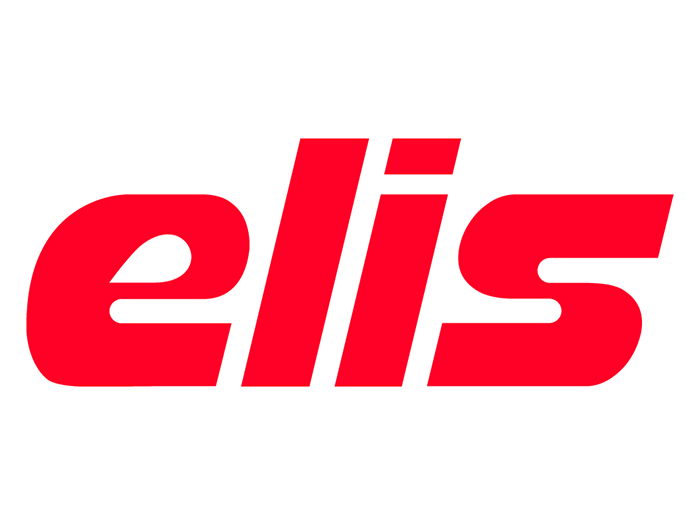Strict Compliance Standard Upheld in Claims Notice Requirement
Heritage Bank of Commerce found itself in a legal dispute with Zurich American Insurance Co. over the bank’s failure to comply with the notice requirement under a claims-made-and-reported insurance policy, reported JD Supra. The policy stipulated that the bank must send written notice of a claim or potential claim to the insurer’s claims department at a specific address. However, upon learning of a potential claim during the policy period, the bank sent the notice via email to an underwriter, not to the specified address.
Zurich American Insurance Co. denied coverage due to the bank’s failure to adhere to the policy’s notice provision. In response, the bank initiated a lawsuit. The district court sided with the insurer, ruling that the bank’s failure to substantially comply with the notice provision barred coverage. The bank agreed with the application of the substantial compliance standard but disputed the court’s ruling that it had not substantially complied.
The case was taken to the 9th U.S. Circuit Court of Appeals. The court, applying California law, held that a strict compliance standard applies to satisfying the notice requirement under a claims-made-and-reported policy. The court reasoned that the Supreme Court of California, although it has not addressed this specific issue, would likely require strict compliance given that notice provisions in claims-made-and-reported policies directly impact the insured risk.
The court referred to intermediate state court decisions and decisions from other circuits as instructive in reaching its conclusion. The court affirmed the district court’s decision and held that the bank had not strictly complied with the notice provision.
Scorecard: The 9th Circuit upheld the district court’s decision, ruling that Heritage Bank of Commerce did not strictly comply with the notice provision under its claims-made-and-reported policy with Zurich American Insurance Co.
Takeaway: This case underscores the importance of strict compliance with policy terms, particularly notice requirements, in claims-made-and-reported policies. Insured entities should ensure they fully understand and adhere to their policy’s notice requirements to avoid potential coverage disputes. &










